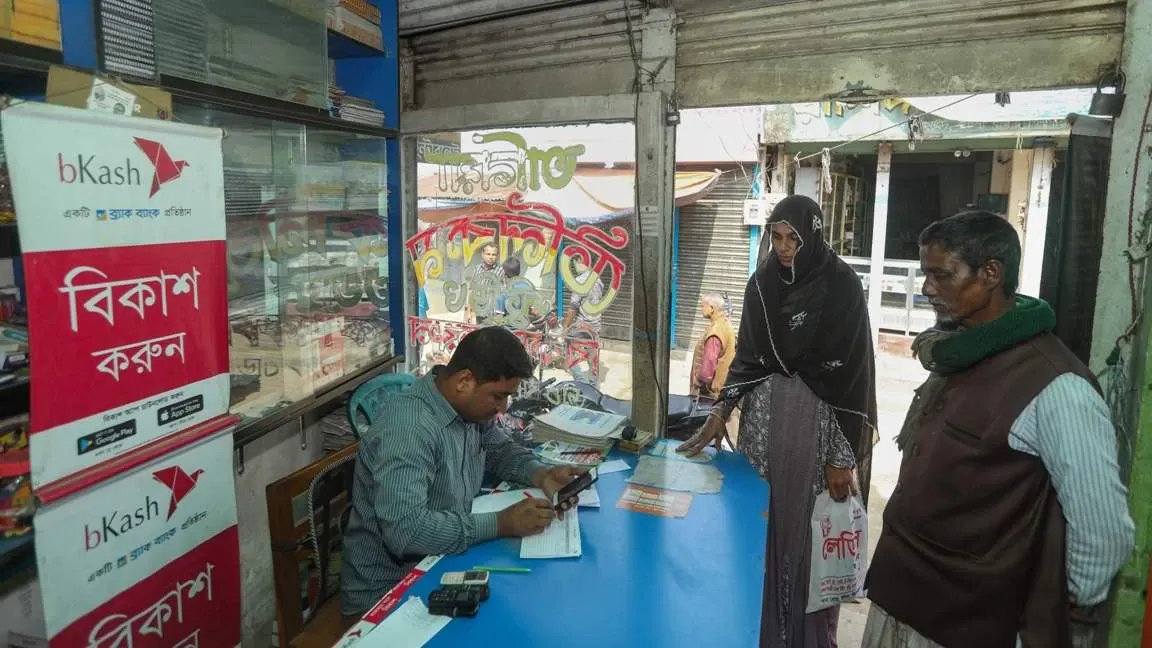GET IN TOUCH
- Please wait...

This letter was originally sent to LightCastle Bimonthly Newsletter subscribers.
We are building the next-generation products and services that can be used en masse. However, we often limit our thinking towards food, affordable housing, health and education. While ensuring these are imperative, to guarantee the proper distribution of resources, we need to make sure there are high-quality inclusive financial services.
Bangladesh is a dense country with the 8th largest population in the world. There are ~1,200 people/sq km. Interestingly, with such a large market, 60% of the adult population is unbanked and insurance penetration is at less than 1%. The country has 60+ banks, 34+ NBFIs (Non-Bank Financial Institutions) and 750+ microfinance institutions. Even then, access to credit remains a key challenge. Both Micro & Small entrepreneurs and the local income communities find it hard to have access to cost-effective, patient and growth capital.
Three things if implemented can help change the status quo:
Financial services need to be inclusive and only then we would be able to unlock value creation towards an advanced economy. Only growth is not enough – to ensure that we live in a sustainable world, we need inclusive growth.
Our experts can help you solve your unique challenges
Stay up-to-date with our Thought Leadership and Insights